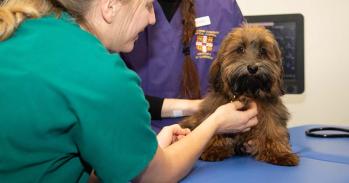
A new building initiative aims to innovate sustainable housing design for the developing world.
A new building initiative aims to innovate sustainable housing design for the developing world.
The Eco House Initiative's fusion of fresh design and real world application has the potential to make a huge impact in helping to eliminate poverty while reducing carbon emissions and resource consumption.
Luke Bramwell
The Eco House initiative, created by students from the Departments of Engineering and Architecture, will facilitate an interactive design process whereby students, academics and industry can partner with organisations to design, construct, evaluate and improve designs within a developing world context.
The initiative has been started in response to the challenges associated with continued population growth, economic growth, poverty and climate change to improve people's quality of life, whilst reducing the impact of the built environment on climate change.
Students from the Departments of Engineering and Architecture are being given the opportunity to travel to developing countries this summer, through a placement partnership between Engineers Without Borders and Un Techo para mi Pais (one of the partnering development organisations). They will work alongside university student volunteers from the countries where the houses are to be constructed. Their mutual learning process will allow all participants to better understand the environmental, technical, economic, climatic, cultural and political contexts in which sustainable solutions must be applied.
Un Techo para mi Pais has already built over 75,000 temporary houses with the help of over 300,000 student volunteers in Latin America as part of the ‘Roof for my Country’ project.
The organisation is ready to make the transition to building permanent, sustainable homes, but currently does not have all the knowledge required to do this. Making the jump will involve innovation in all areas of the housing design, including: energy for ventilation and illumination, water and sanitation, structural design and assembly methods.
To find out more about how you or your organisation can get involved, please contact the Eco House Initiative team:
This work is licensed under a Creative Commons Licence. If you use this content on your site please link back to this page.





